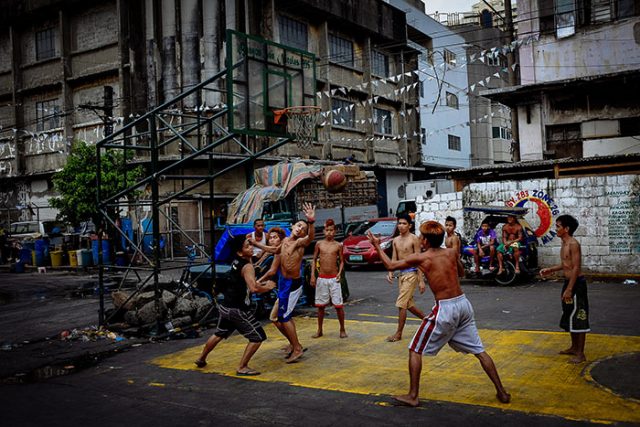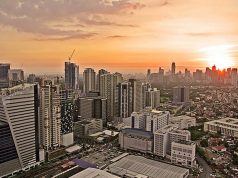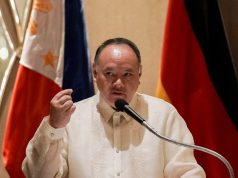Are the Filipino poor simply lazy, satisfied with hand-to-mouth existence without working harder? This was what a series of popular tweets by an academic explored and tried to dispel.
Cleve Arguelles, a political science assistant professor at the University of the Philippines Manila, argued that people should not blame the state of poverty on the poor.
“It’s not your fault if you grow up poor, it is your fault if you die poor”. Actually, honey, no. There is overwhelming evidence that those who were born poor are more likely to die poor because they are less likely to have the resources necessary to get out of poverty. 1/n
— Cleve Arguelles (@CleveArguelles) April 22, 2018
Think of financial capital, education, connections. Or even “materially-rewarding predispositions” like risk-taking, innovativeness, etc. The cycle of poverty is vicious and it takes a lot of external interventions (& luck) to break it, to overcome structural barriers. 2/n
— Cleve Arguelles (@CleveArguelles) April 22, 2018
Arguelles specializes in comparative politics.
More doors are closed to poor people.
The Economist revealed that the Philippines has the “most persistent poverty” problem in Southeast Asia:
“Over the past three decades, extreme poverty has more than halved in the Philippines by the World Bank’s measure.”
One of the reasons cited for the longstanding poverty is the lack of adequate employment opportunities in rural areas. If more jobs are offered in different regions, people would be more financially secure.
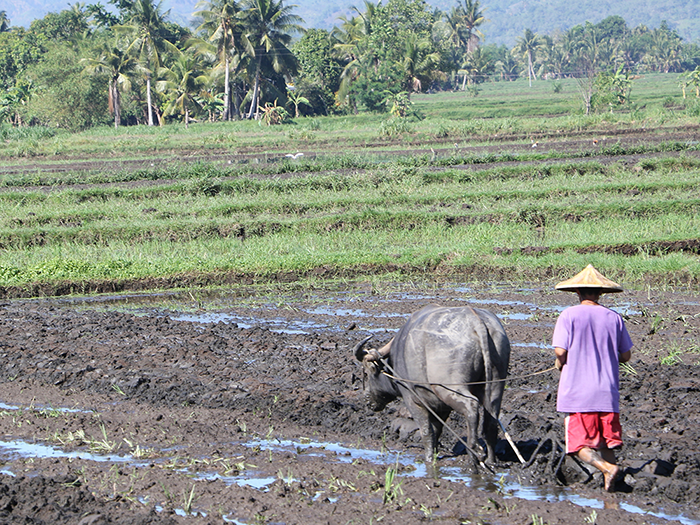
“Growth is concentrated in Manila and the two neighbouring provinces, which generate around 60% of the country’s output,” The Economist reported.
A study by Princeton psychologists Eldar Shafir and Jiaying Zhao also indicates that poverty limits brain function because of distractions that only poor people have.
The work of University of Miami social epidemologist Adina Zeki Al Hazzouri, meanwhile, found that being in poverty for a sustained period has a lasting effect on an individual’s brain.
“We found that individuals who were exposed all the time to poverty over those 20 years perform significantly worse than individuals who are never in poverty,” Al Hazzouri told the BBC’s “The Inquiry.”
This leads us to the issue of contractualization.
Arguelles, whose tweet about poverty became a Twitter hit, wrote that “poor people are more likely to end up with low-paid, low-skilled and insecure jobs.”
Securing a job does not necessarily equate to financial stability. There are, after all, companies that practice contractualization or “endo,” he pointed out.
“Endo” prevents a worker from accessing benefits and privileges entitled to a regular employee, including wage that is enough to cover more long-term expenses.
Herbert Docena, a member of Bukluran ng Manggagawang Pilipino, said the scheme does not benefit workers nor employers.
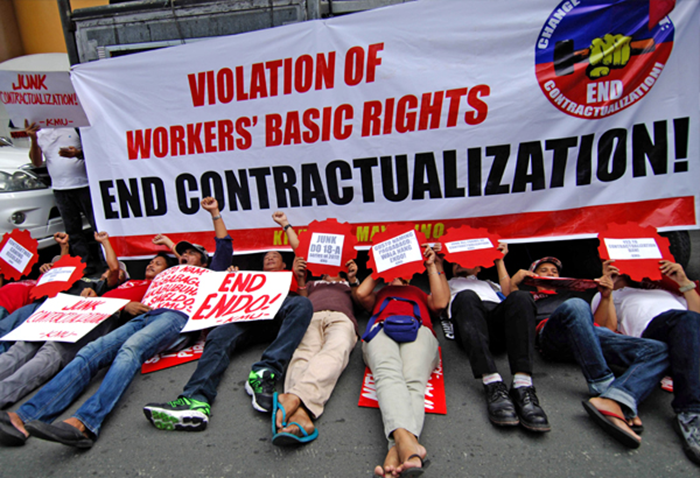
He wrote, “Contractualization actually enables capitalists to pay workers less for the same work, stunt economic development, and therefore harm the interests of all Filipinos—including of capitalists themselves.”
Arguelles noted that if the source of income is “insecure,” the individual is also financially “insecure” as well.
When your source of income is insecure, not hard to imagine how insecure you will also be. Not to mention the absence of benefits because of being a contractual employee. So it’s not just about “working hard & getting a job”. Poverty can be recurrent. https://t.co/Ks8WWbEAdc 5/n
— Cleve Arguelles (@CleveArguelles) April 22, 2018
This form of insecurity does not take an individual out of the cycle of poverty.

